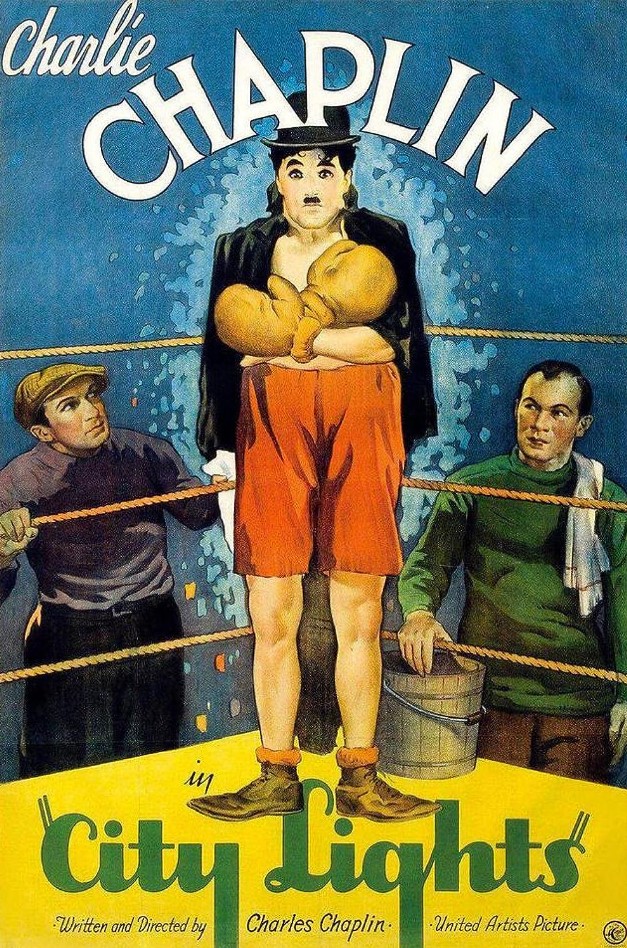City Lights Synopsis
Synopsis
The film follows the Little Tramp, played by Chaplin, who becomes enamored with a blind flower girl. Through a series of comedic and heartfelt events, he endeavors to raise money for her eye surgery.
As the Tramp tries to help the girl, he encounters a millionaire who only recognizes him when drunk. This relationship leads to a series of misadventures, highlighting Chaplin’s mastery of both physical comedy and emotional depth.
Despite his own hardships, the Tramp’s dedication to the flower girl never wavers. The film’s climax, known for its emotional impact, features a poignant and unforgettable reunion between the two main characters.
City Lights is a beautiful blend of comedy and drama, showcasing Chaplin’s ability to craft a narrative that speaks to the human condition without uttering a single word.
- Taglines: A Comedy Romance in Pantomime
- Genres: Comedy, Drama, Romance
- Duration: 87 minutes
- Year: 1931
- Rated: G
- Metascore: 99

Interesting Facts
- Chaplin composed the film’s score himself.
- The film was selected for preservation in the United States National Film Registry by the Library of Congress.
- City Lights was one of Chaplin’s personal favorite films.
- The final scene is considered one of the greatest moments in film history.
What Makes the Film Great?
City Lights stands out for its seamless blend of comedy and pathos, silent film techniques, and Chaplin’s iconic performance. The film’s ability to evoke laughter and tears through its simple yet profound storytelling makes it a masterpiece.
Director
Charlie Chaplin not only directed but also starred in and composed the music for City Lights. Known for other classics such as “Modern Times” and “The Great Dictator,” Chaplin’s influence on cinema is immeasurable.
Cast
- Charlie Chaplin: The Tramp
- Virginia Cherrill: A Blind Girl
- Harry Myers: An Eccentric Millionaire
- Florence Lee: The Blind Girl’s Grandmother
